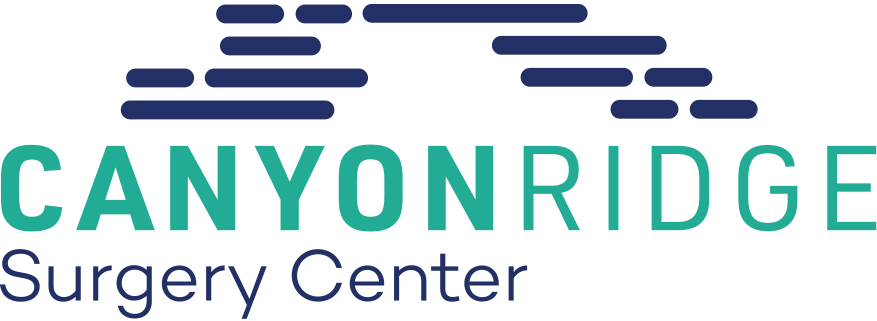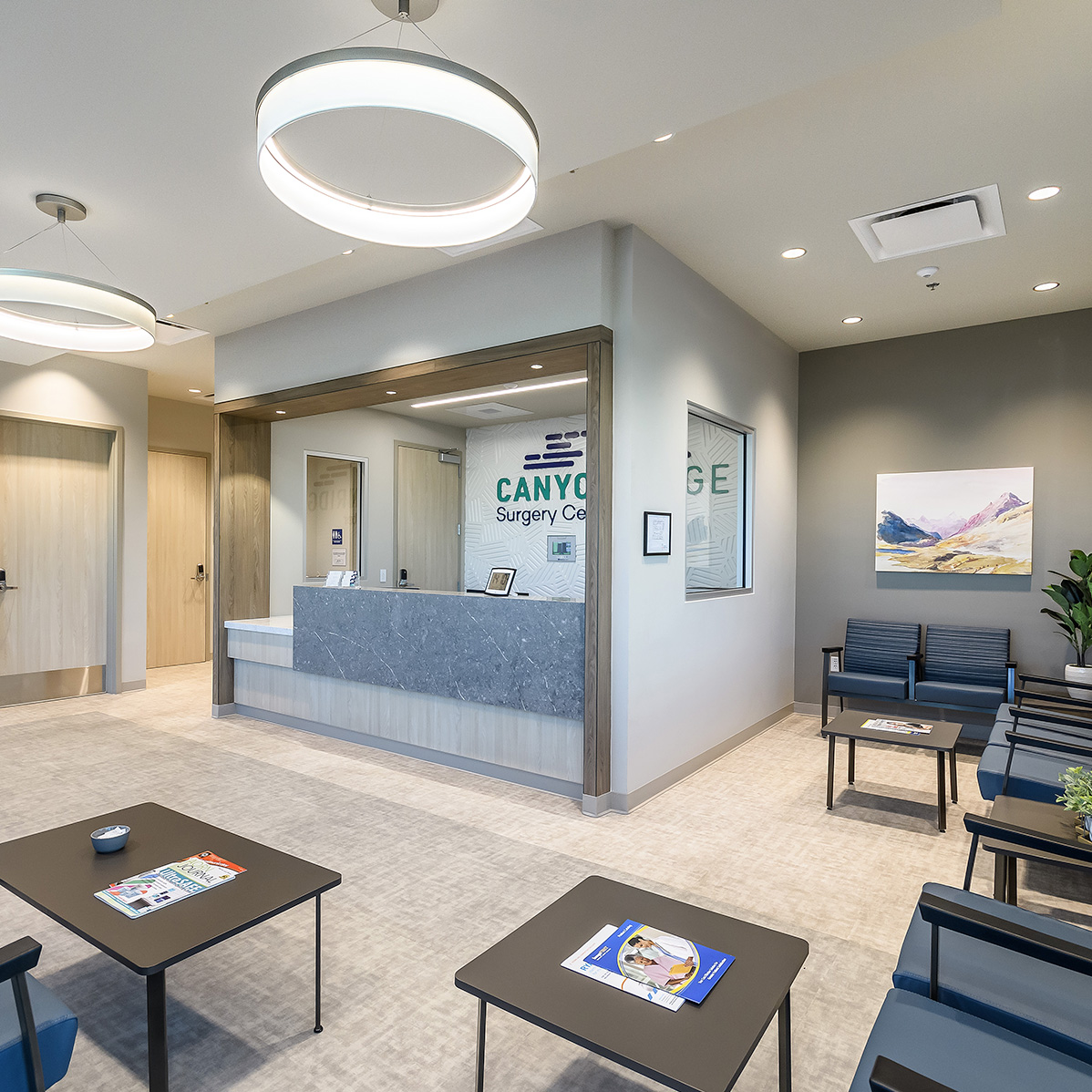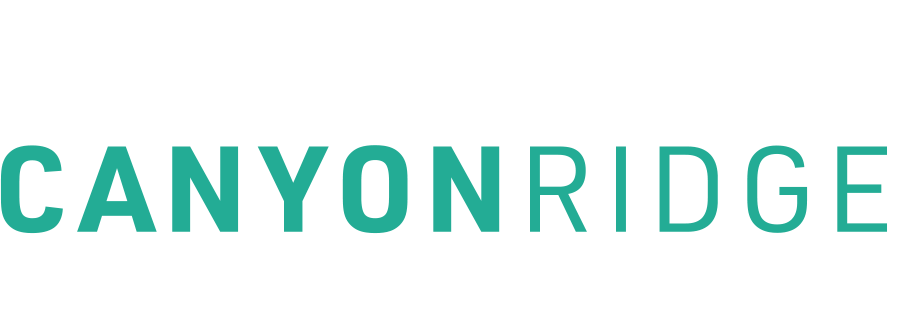Vertiflex Superion is an innovative, FDA-approved outpatient procedure designed to treat lumbar stenosis; a narrowing of the spinal canal that can cause pain in the legs and buttocks due to inflammation and/or nerve compression. If you have back, buttock, or leg pain that improves with sitting or bending forward (ie. leaning on a shopping cart), then you may experience significant relief with this treatment.
Vertiflex Superion
- How is spinal Vertiflex Superion done?
- What happens after the procedure?
- What are the risks?
- Is Superion right for you?
Vertiflex Superion is a minimally-invasive procedure that uses a small, dime-sized tube to insert a decompression implant. The implant is anatomically-designed to allow for full movement, while opening the spinal canal to relieve pressure on affected nerves.
The Superion implant procedure should only take roughly 20 minutes, and upon completion the incision is closed with a few simple stitches or staples. You will be able to walk immediately after the procedure, and most patients experience a rapid reduction in pain.
Vertiflex Superion has been designed as a safe and effective alternative to invasive procedures for lumbar stenosis. To minimize the risk of further injury or disruption of the implant, it is recommended that for 6 weeks, patients avoid lifting any weight over 10‐15 lbs., or any large bending of the spine, especially twisting. Strenuous activity should also be avoided during this time.
Your doctor may recommend Vertiflex Superion if you meet several conditions:
- Persistent pain, numbness and/or cramping in the legs
- Diagnosis of lumbar spinal stenosis
- Symptomatic and unresponsive to conservative care treatment for at least six months


